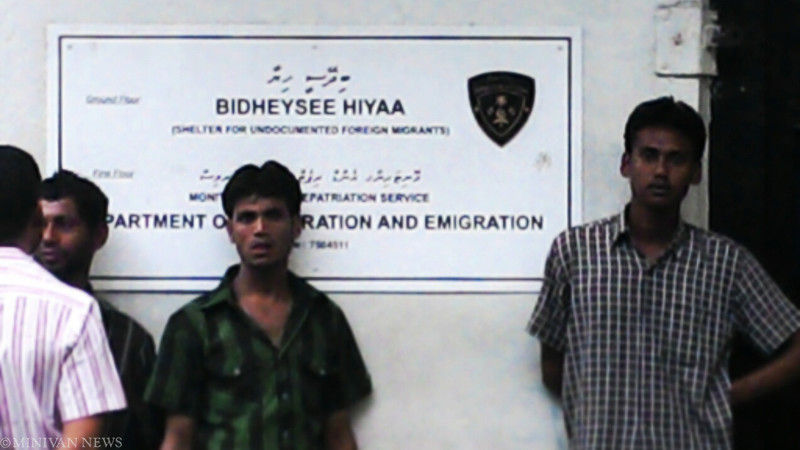Carnival cafés closed after raid for undocumented workers
Four cafés at the carnival area in Malé remain closed after 50 expatriate staff were taken into custody Tuesday morning in a joint operation conducted by the police and the immigration department.

28 Dec 2016, 09:00
Four cafés at the carnival area in Malé remain closed today after 50 expatriate staff were taken into custody Tuesday morning in a joint operation conducted by the police and the immigration department.
Hassan Haleel, the immigration department’s spokesman, told the Maldives Independent that four workers have since been released after they showed valid work visas.
“It’s a mandatory operation and we conduct this type of operation all year round even in the atolls,” he said.
“The undocumented workers will not be released. However, we have given them time to produce documents for those people who have them.”
Become a member
Get full access to our archive and personalise your experience.
Already a member?
Discussion
No comments yet. Be the first to share your thoughts!
No comments yet. Be the first to join the conversation!
Join the Conversation
Sign in to share your thoughts under an alias and take part in the discussion. Independent journalism thrives on open, respectful debate — your voice matters.




